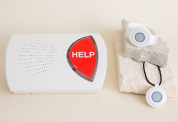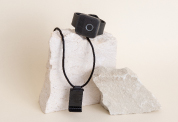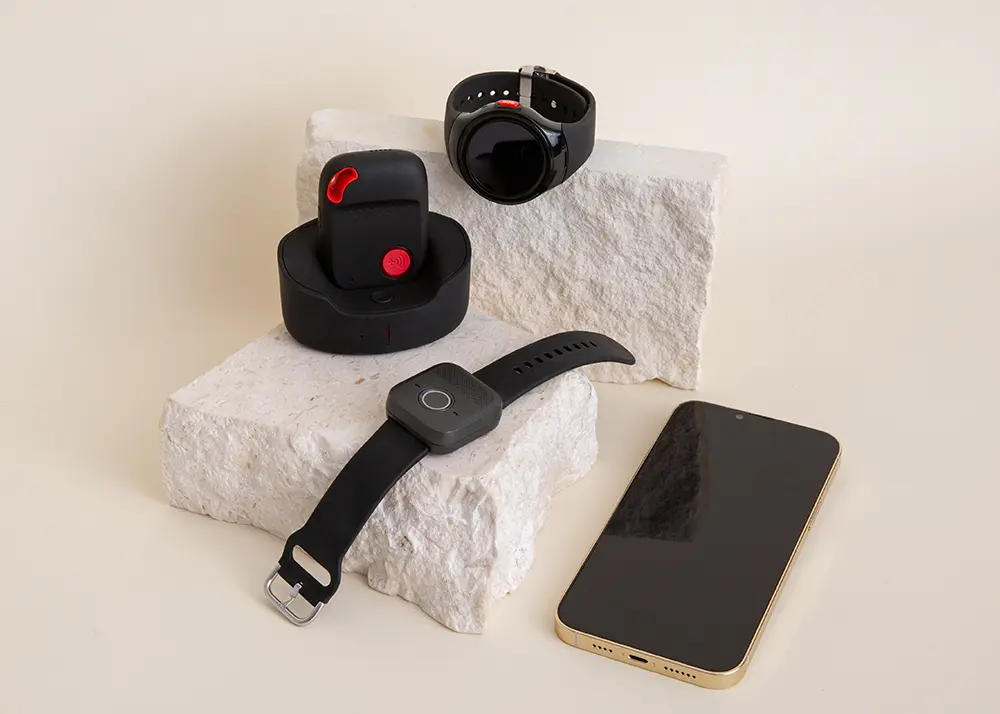10 ways for seniors to prepare for and react to a tornado
April 6, 2012

Before
1. Set up a tornado drill if your area has a twister season each year and reenact what you would do if there actually was a severe weather alert.
2. Designate an area in your relative’s home that would be the tornado safety location, whether it’s in a basement or in a small room on ground level like a closet or bathroom.
3. Prepare a tornado safety kit that includes food, water, a first aid kit, a flashlight with extra batteries, candles and matches, cash and credit cards and instructions on how to turn off the home’s utilities.
4. Invest in a medical alert watch from Bay Alarm. A medical alert device can contact services in the event of an emergency and get you and your elderly relatives help in no time.
5. Learn the tornado warning signals in your community and be aware of any tornado watches. Be on the lookout for dark, greenish skies, hail, dark and rotating low-altitude cloud formations and a loud roar.
During
6. If you and your relatives are in a building during the tornado, go to the designated safe location and keep away from doors, corners, windows and outside walls. If you’re in a mobile home or are outside with no cover, get to the nearest sturdy shelter immediately. A medical alert system with an automatic fall detection device can automatically place a call for help if your loved one is unable to.
7. Be on the lookout for flying debris, which is responsible for the most injuries during tornados.
After
8. Check for injuries. Help anyone who has been injured using the first aid kid and get emergency help if necessary. Never try to move someone who is seriously hurt, as this could do more damage.
9. Stay updated on emergency information with a radio or television.
10. Be alert for downed power lines and objects that have come into contact with them. Avoid going into damaged structures and be on the lookout for exposed nails and broken glass.






